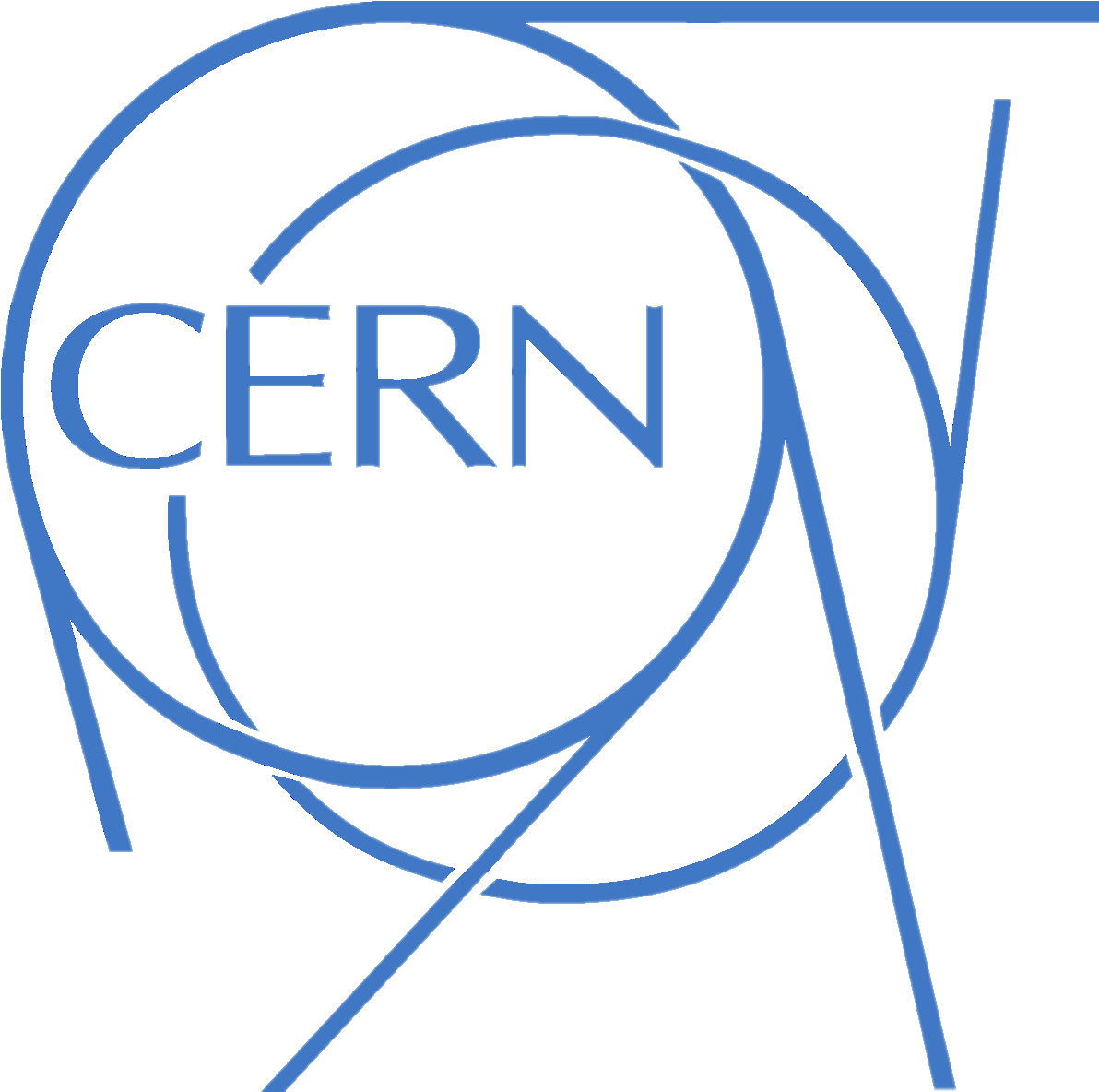Example of LHC geometry modelled in FLUKA, for energy deposition studies.


At CERN, we probe the fundamental structure of the particles that make up everything around us. We do so using the world's largest and most complex scientific instruments. FLUKA is an important tool for calculations of particle transport and interactions with matter, including physics models, and covering an extended range of applications.
formation continue
Programme durationshort (2 to 5 days)
Learning language(s)english
Schedule typeDaytime
CampusSolbosch
Category(ies) - Topic(s)Sciences and technics - Sciences/Sciences and technics - Sciences and technics/Sciences and technics - Engineering sciences
Organising faculty(s) and university(ies) 



It has been built with the aim of including the best physics models in terms of completeness and precision, through a microscopic approach where each step has sound physics bases. Reliability is pursued by comparing with particle production data at single interaction level. No tuning on integral data, like calorimeter resolutions, thick target yields etc., is performed. Therefore, final predictions are obtained with minimal free parameters, fixed for all energies and target/projectile combinations. Results in complex problems as well as scaling laws and properties come out naturally from the underlying physics models and the basic conservation laws are fulfilled a priori. Moreover, the microscopic approach preserves correlations within interactions and among the particle shower components, and it provides predictions where no experimental data is available. Powerful biasing techniques are built-in to allow to critically reduce computing time when needed. Transport in magnetic field is also performed.
At CERN, our work helps to uncover what the universe is made of and how it works. We do this by providing a unique range of particle accelerator facilities to researchers, to advance the boundaries of human knowledge.
The Laboratory, established in 1954, has become a prime example of international collaboration.
Our mission is to:
For COVID-19 updates, please consult:
For ULB: COVID-19 - ULB
For Belgium: Home | Coronavirus COVID-19 (info-coronavirus.be)
Presentations on campus
Hands-on training sessions with FLUKA codeNo particular experience with FLUKA or similar Monte-Carlo packages is required, however basic knowledge of LINUX/UNIX is necessary, as well as reasonably fluent use of a plain-text editor and the ability to navigate through a file tree. For newcomers, not only to FLUKA but also to Linux, we strongly recommend spending some time on a Linux tutorial (in particular sections 1 to 5 of the outline) in order to fully profit from the FLUKA training.
Participants are expected to verify beforehand that FLUKA 4-1 and Flair 3.1 have been installed on their machines under either Linux or Windows (WSL) and are up and running so that they can participate in the hands-on and exercise sessions. Further instructions will follow.
|
Students and professionals working on radiation physics problems. Limited number of participants. |
Introduction to FLUKA
Hands-on training using FLUKA
Advanced use of FLAIR graphical interfaceThis website uses Google Analytics. By clicking on "I accept" or by navigatin on it, you authorize us to deposit a cookie for audience measurements purposes.
You have accepted the deposit of audience measurement cookies in your navigator.
You have declined the deposit of audience measurement cookies in your navigator.
"Do Not Track" is enabled in your browser. You cannot allow statistics collection.